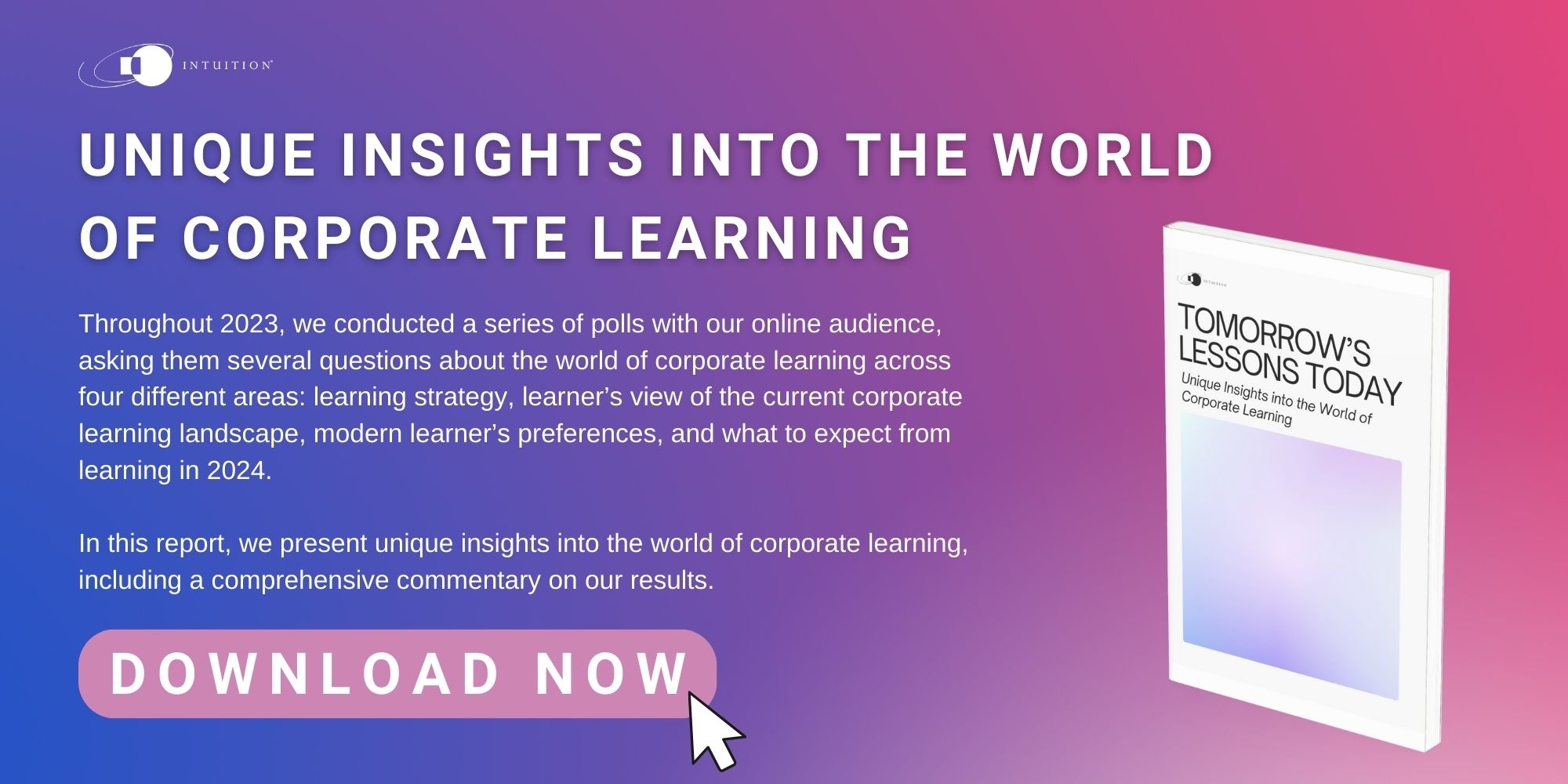How continuous L&D shapes success for new hires
Continuous learning and development (L&D) is a critical function in what is a rapidly evolving business landscape. It is the process of consistently enhancing one’s skills and knowledge base to keep pace with the changing demands of the professional world. It is no longer enough to rely solely on the skills and knowledge acquired in school or during the early stages of one’s career. Instead, the modern professional must embrace continuous learning and development to remain competitive, engaged, and relevant.
In the past, many employees focused on learning only what was necessary to perform their current job. However, the dynamic nature of today’s job market necessitates a shift from this mindset. The advent of new technologies, methodologies, and business models requires professionals to update their skills and knowledge continually. This is where continuous learning and development play a pivotal role.
Moreover, continuous learning and development is not confined to acquiring technical skills or industry-specific knowledge. It also encompasses soft skills such as communication, teamwork, and leadership. These skills are often overlooked, but they are crucial in the modern workplace. They help professionals work more effectively with others, lead teams, and make a significant impact in their organizations.
Other articles in this series:
[Trends shaping the of future onboarding in 2024]
[Unpacking the challenges new hires face in 2024]
[How networking fosters professional relationships for new hires]
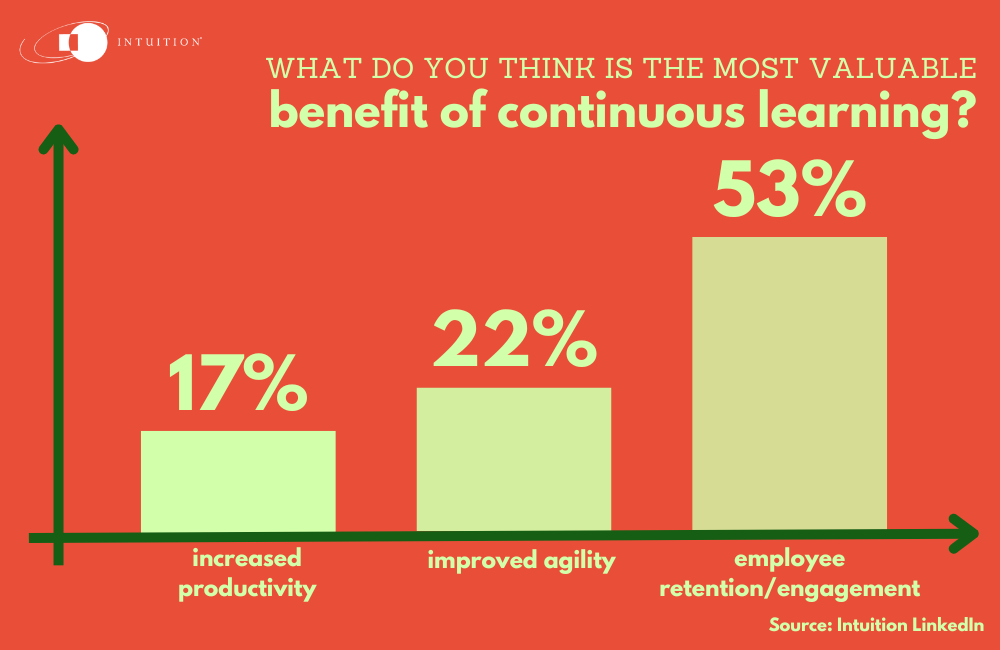
The importance of continuous learning and development in career growth
The significance of continuous learning and development in career growth cannot be overstated. It is the key to staying relevant in any given profession, especially in a world where roles and responsibilities are continuously evolving. Without continuous learning and development, professionals risk becoming obsolete and losing their competitive edge.
Continuous learning and development is particularly essential in human skills such as communication, teamwork, and leadership. These skills are increasingly in demand, and professionals who possess them often have a significant advantage over those who do not. They enable individuals to work more effectively in teams, communicate more clearly and persuasively, and lead more effectively.
Moreover, continuous learning and development can also open up new career opportunities. By constantly upgrading their skills and knowledge, professionals can position themselves for promotions, leadership roles, and other career advancements. This not only leads to greater job satisfaction but also to higher earning potential.
The significance of human skills in the workplace
Human skills such as communication, teamwork, and leadership are critical in the modern workplace. They are the interpersonal and social skills that enable professionals to work effectively with others and succeed in their job roles. While technical skills are important, human skills are often what set successful professionals apart.
Communication skills, for example, are crucial in virtually every job role. They enable professionals to express their ideas clearly and persuasively, both verbally and in writing. Effective communication also involves active listening and the ability to understand and empathize with the perspectives of others.
Teamwork, on the other hand, is about working collaboratively with others to achieve common goals. It involves the ability to cooperate, share ideas, and resolve conflicts in a productive manner. Good teamwork leads to better problem-solving, more innovative solutions, and greater overall productivity.
Leadership skills are also essential, even for those who are not in managerial roles. Leadership is about influencing others, taking initiative, and making decisions. It involves the ability to inspire and motivate others, set clear goals, and guide a team toward achieving them.
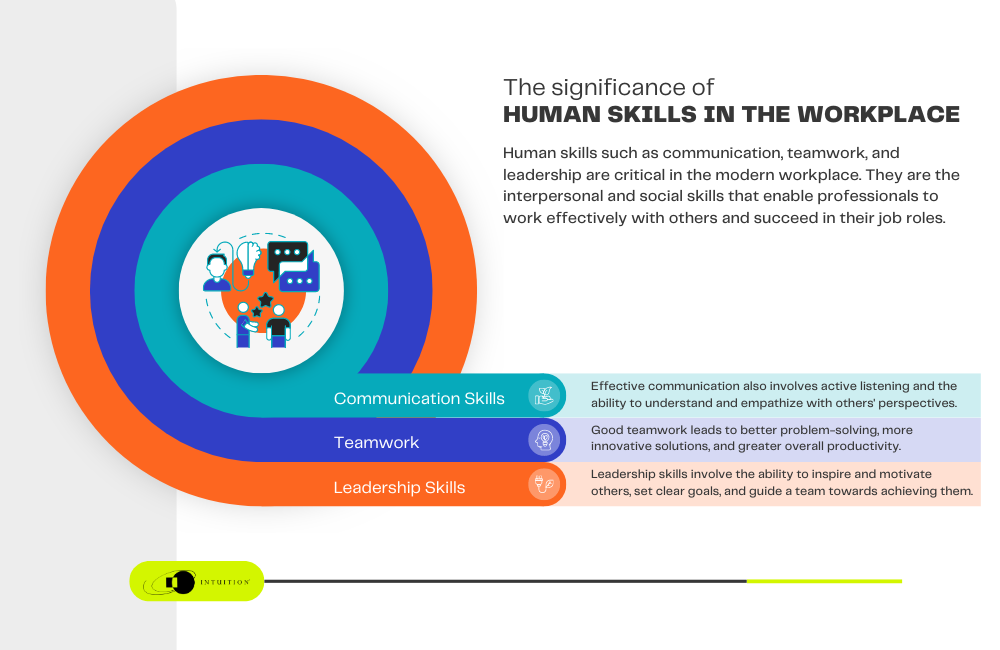
The need for continuous learning and development in enhancing human skills
Continuous learning and development are vital in enhancing human skills. These skills are not static, and they can and should be developed and refined over time. Continuous learning offers the opportunity to improve these skills and become more effective in the workplace.
For example, communication skills can be enhanced through continuous learning activities such as attending workshops, reading relevant books and articles, and practicing communication in different settings. Similarly, teamwork and leadership skills can also be developed through continuous learning. This might involve participating in team-building activities, seeking feedback from colleagues, or taking on leadership roles in different contexts.
Continuous learning also allows professionals to stay updated with the latest trends and best practices in their field. This is particularly important in areas such as communication, teamwork, and leadership, where new strategies and techniques are constantly emerging.
How organizations can support continuous learning and development
Organizations play a crucial role in supporting continuous learning and development. They can do this in several ways, including providing learning and development opportunities, creating a learning culture, and recognizing and rewarding learning efforts.
Learning and development opportunities can take various forms, including workshops, seminars, and online courses. These and other programs can help employees develop both technical and soft skills. They can also expose employees to new ideas and practices, enabling them to stay updated with the latest industry trends.
Creating a learning culture is another way that organizations can support continuous learning and development. This involves promoting a culture where learning is valued and encouraged, where employees are given time and resources to learn, and where learning is seen as an essential part of career development.
Finally, recognizing and rewarding learning efforts can also motivate employees to engage in continuous learning. This could involve providing incentives for learning, such as promotions or bonuses, or simply acknowledging and appreciating employees’ learning efforts.
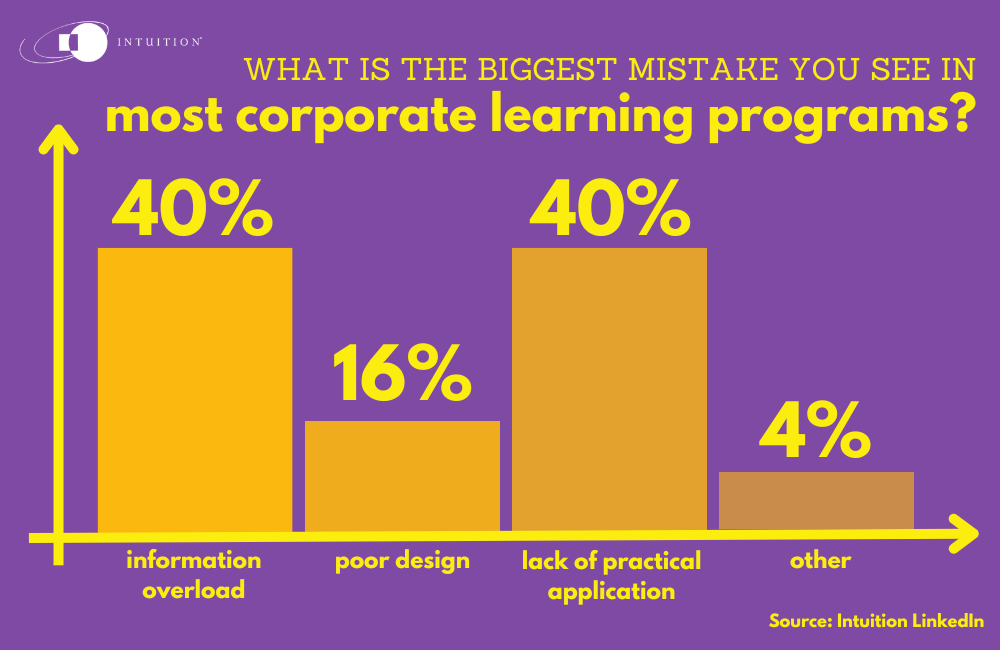
Workshops for skill development
Workshops and training sessions are effective ways to develop skills, especially human skills. They provide a structured and interactive environment where professionals can learn, practice, and receive feedback on their skills.
Workshops typically involve a mix of presentations, group activities, and discussions. They often focus on real-life scenarios and practical applications, allowing participants to apply what they have learned to their own particular work context.
Moreover, workshops also provide a platform for professionals to learn from each other. Participants can share their experiences and perspectives, gain insights into each other’s successes and challenges, and build meaningful relationships with their peers. This not only enhances learning but also fosters collaboration and teamwork.
Online learning resources for continuous learning and development
Online learning resources are a valuable tool for continuous learning and development. They offer a flexible and convenient way for professionals to enhance their skills and knowledge. These resources can include online courses, webinars, podcasts, blogs, and other engaging digital content.
Online courses, for example, offer a vast range of learning opportunities. They cover a vast range of topics, from technical skills around relevant topics such as AI and machine learning to human skills, and cater to different learning styles and preferences. Moreover, many online courses are self-paced, allowing professionals to learn in their own time.
Webinars and podcasts are also valuable learning resources. These offer insights and advice from experts in various fields and provide a platform for professionals to keep updated with the latest trends and developments in their industry.
Blogs and other digital content can also be useful for continuous learning. They provide a wealth of information and insights, often in a concise and easy-to-digest format. Professionals can use these resources to stay informed about their industry, learn new skills, and gain different perspectives.
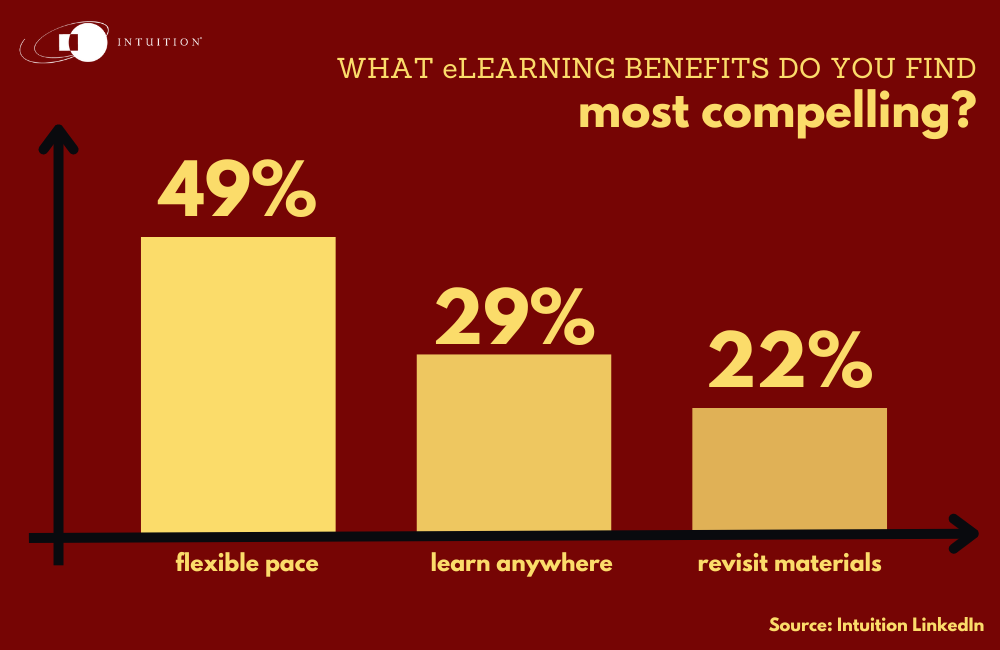
The impact of continuous learning and development on employee retention and motivation
Continuous learning and development can have a positive impact on employee retention and motivation. It can enhance job satisfaction, increase employee engagement, and ultimately lead to higher retention rates.
Employees who are given opportunities to learn and develop are likely to feel more valued within the organization and engaged in their work. They are likely to feel that their organization cares about their growth and development, which can increase their job satisfaction and loyalty.
Continuous learning can also boost the confidence and motivation of employees. As they develop their skills and knowledge, they are likely to feel more confident in their abilities and more motivated to perform their role.
Moreover, continuous learning can also contribute to a positive work environment. It can foster a culture of learning and growth, where employees feel encouraged to learn, share what they have learned, and support each other’s development. This can lead to a more collaborative and productive workplace.
Conclusion: Unlocking potential through continuous learning and development
In conclusion, continuous learning and development is a powerful tool for personal and professional growth. It enables professionals to stay relevant in their field, enhance their human skills, and unlock their full potential. Organizations, too, can benefit from supporting continuous learning and development. It can lead to a more skilled and engaged workforce, a positive work environment, and higher employee retention.
So, whether you are a new hire or an experienced professional, it is never too late to embrace continuous learning and development. Start exploring the various learning resources available, seek opportunities to learn and grow, and make continuous learning a part of your career journey. Remember, the key to success is not just about what you know today, but about your commitment to learning and growing every day.
